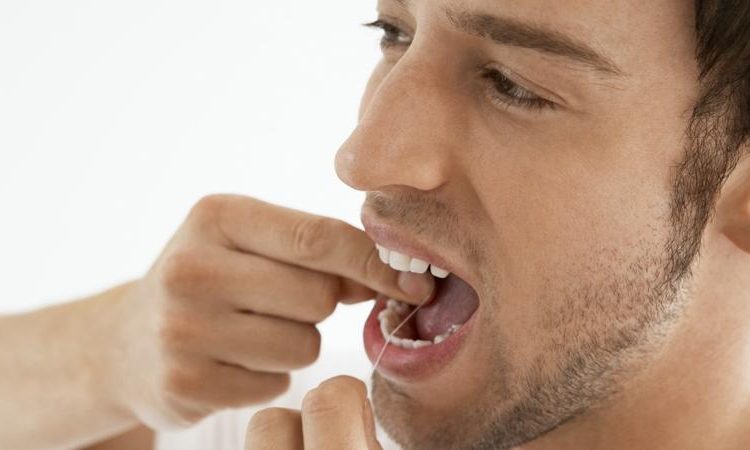One facet of a dental emergency is that they do not always happen when you are standing outside the office of your dentists.
They can occur anywhere and at any time of the day or night, although, given that you likely spend the majority of your time at home, it is a reasonable bet that at home is where you are going to experience a dental emergency.
Another aspect of dental emergencies is that they do not conform to the opening hours of dentists’ practices.
They are as likely to occur at midnight, on Christmas Day, or at breakfast time on a Sunday morning as they are at times when your dentists would be able to treat you.
It is, therefore, going to be useful to know how you can treat certain dental emergencies for yourself, or a member of your family, whilst at home and until such times as your dentist’s practice is open.
Broken Or Chipped Tooth
A broken or loose tooth can happen for all sorts of reasons when you are at home such as biting a hard piece of food, bumping your mouth against something or someone, and even when playing in the garden where a ball hits you smack in the mouth.
The first thing to ensure is that you remove any fragments from the mouth so that they are not swallowed and potentially cause internal injuries due to their sharp edges.
The tooth which has been chipped or broken may also have sharp edges and this can cause discomfort, or worse, injuries to the soft tissue within the mouth like the tongue or cheeks.
Applying a small piece of gauze or a temporary filling may help until an appointment with the dentists can be arranged.
To relieve any pain, over the counter painkillers should be sufficient, and if the pain is particularly severe, applying some clove oil to the affected area can provide some local pain relief.
Loose Veneer Or Crown
If a crown or veneer falls out the primary issue is usually pain. Again, painkillers can relieve the pain, as can applying clove oil. Obviously, get an appointment with your dentists as soon as possible so they can reattach or replace the crown or veneer.
When you speak to them they can provide you with advice on how to minimise the problem and protect your mouth from further harm.
That advice is likely to include you should follow your usual oral hygiene routine as normal.
Filling Fallen Out
A filling that is loose, or has fallen out, can trigger heightened sensitivity in the tooth it has been used to fill as well as sharp pain.
Until you have an appointment with your dentist to have a new filling, here are some ways to limit your discomfort at home and guard against further oral health issues.
- Avoid foods and drink with high sugar levels
- Avoid very cold or very hot food and drink
- Try to chew food on the side of your mouth that has not been affected
- Continue brushing your teeth regularly as this prevents bacteria from infecting the exposed cavity
Final Note
One key safety point concerning taking painkillers or applying clove oil within your mouth is to read the labels for their safe use.
This is especially important if you suffer from allergies whereby you must check for any ingredients which could cause you to have an allergic reaction.
